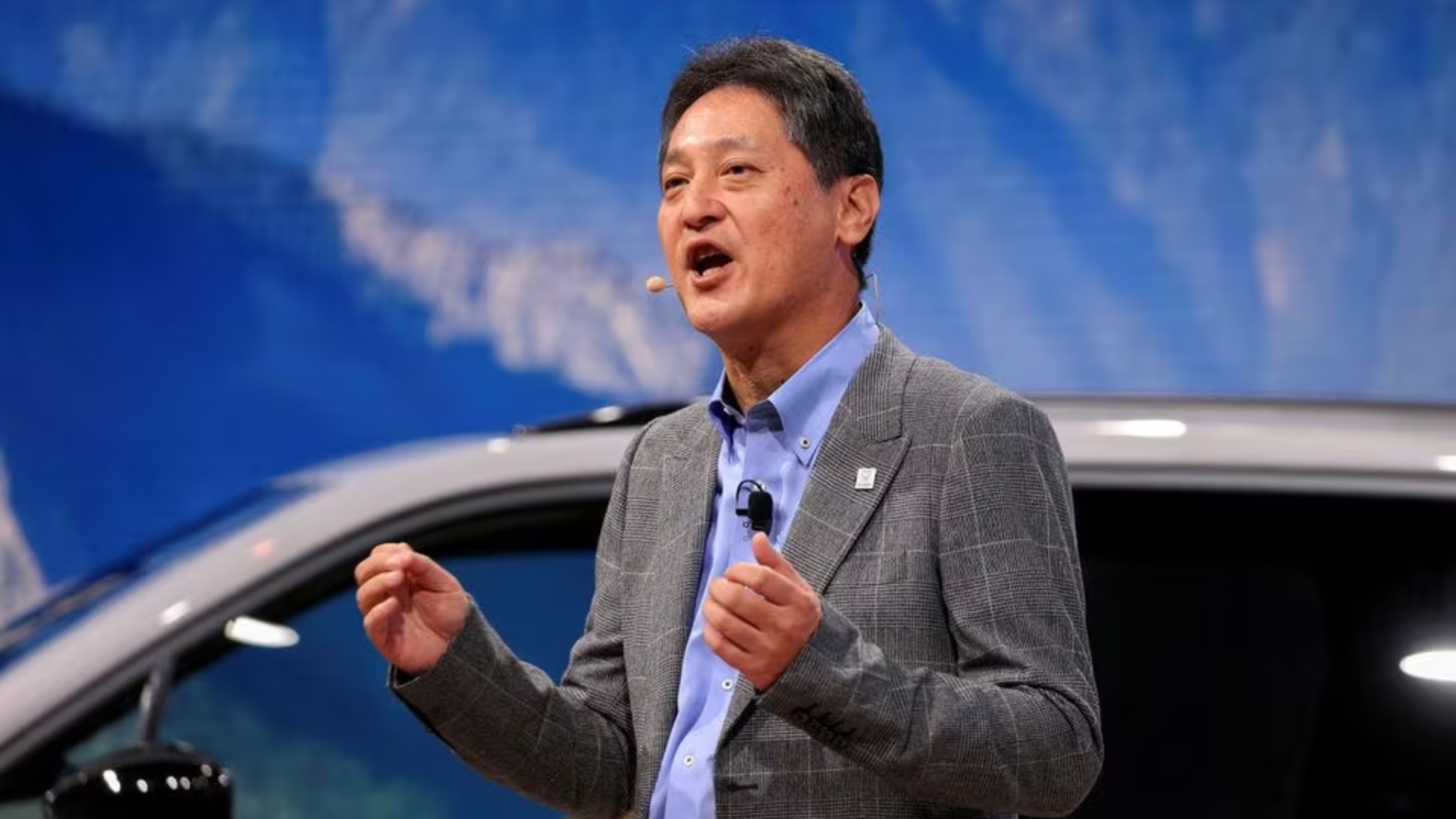LOS ANGELES, Nov 16 (Reuters) – Subaru (7270.T) will raise the wages of its U.S. plant workers in light of recent labor deals reached by the Detroit Three automakers and United Auto Workers (UAW), the Japanese automaker’s CEO, Atsushi Osaki, told Reuters on Thursday.
The amount of the raises for workers at Subaru’s assembly plant in Lafayette, Indiana, has yet to be determined but will be in line with industry levels after the UAW deals with General Motors (GM.N), Ford (F.N) and Chrysler parent Stellantis (STLAM.MI), Osaki said through an interpreter at the Los Angeles auto show.
The Detroit Three’s union contracts will mean wage increases of 25% through 2028, which will amount to 33% when expected cost-of-living adjustments are factored in.
Subaru is considering increasing benefits along with the pay raises but has not decided whether to do so, a company spokesperson said. The company clarified the CEO’s remarks after initially saying the increased compensation would include benefits.
Subaru and other non-union automakers in the U.S. have come under pressure to improve pay and benefits following the record contracts achieved by the UAW in late October, roughly six weeks after thousands of its members went on strike.
Non-union automakers that have raised wages for their U.S. plant workers after the UAW deals include Japan’s Toyota (7203.T) and Honda (7267.T), and South Korea’s Hyundai (005380.KS).
U.S. President Joe Biden, who has backed UAW efforts to negotiate higher pay for its members, has said all U.S. auto workers deserve the same deal as those the UAW negotiated with the Detroit automakers.
UAW President Shawn Fain has said “UAW” stands for “U are welcome” in response to the rising wages at the non-union plants. He has vowed the UAW will aggressively organize the non-union U.S. plants of Tesla and other foreign automakers, something the union has struggled to do in the past.
Reporting by Abhirup Roy in Los Angeles; Writing by Ben Klayman; Editing by Chris Reese, Andrea Ricci and William Mallard











